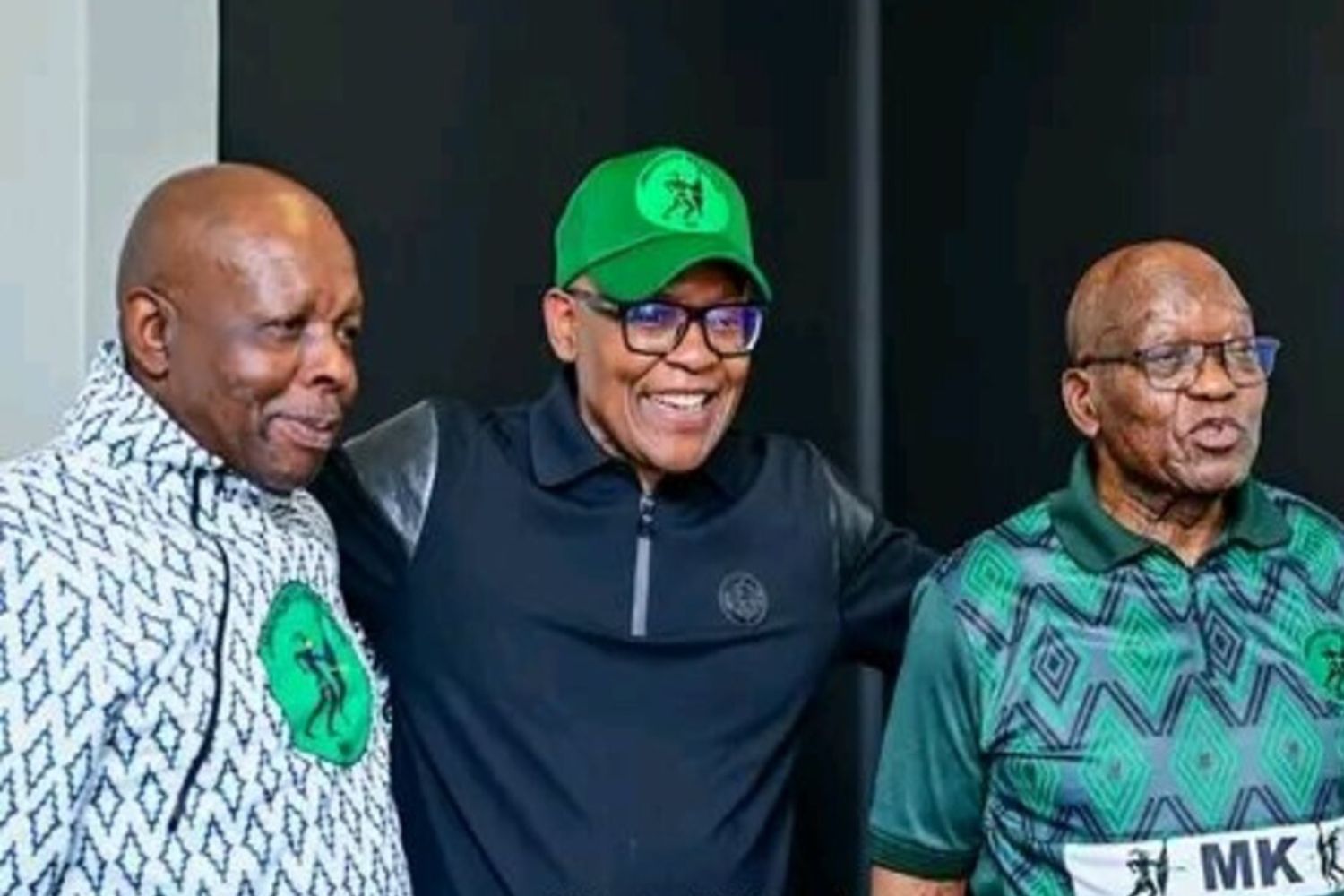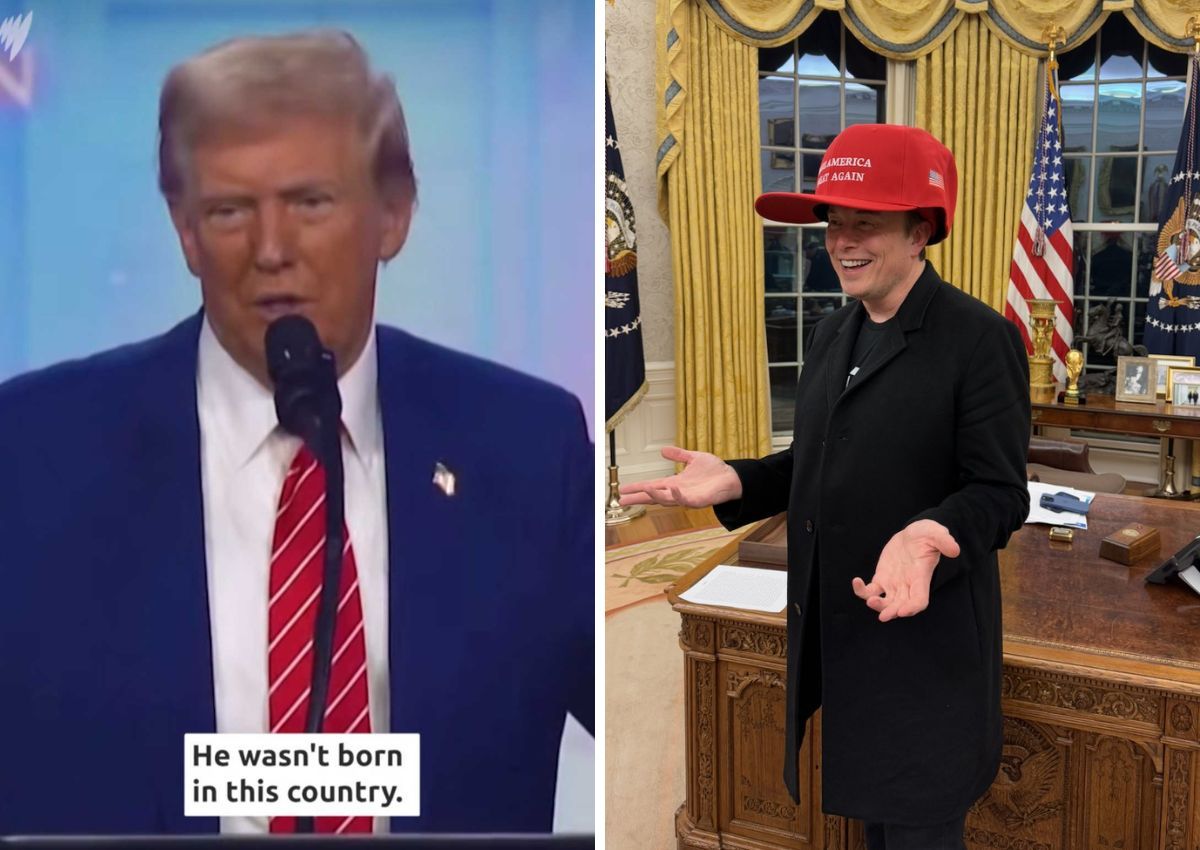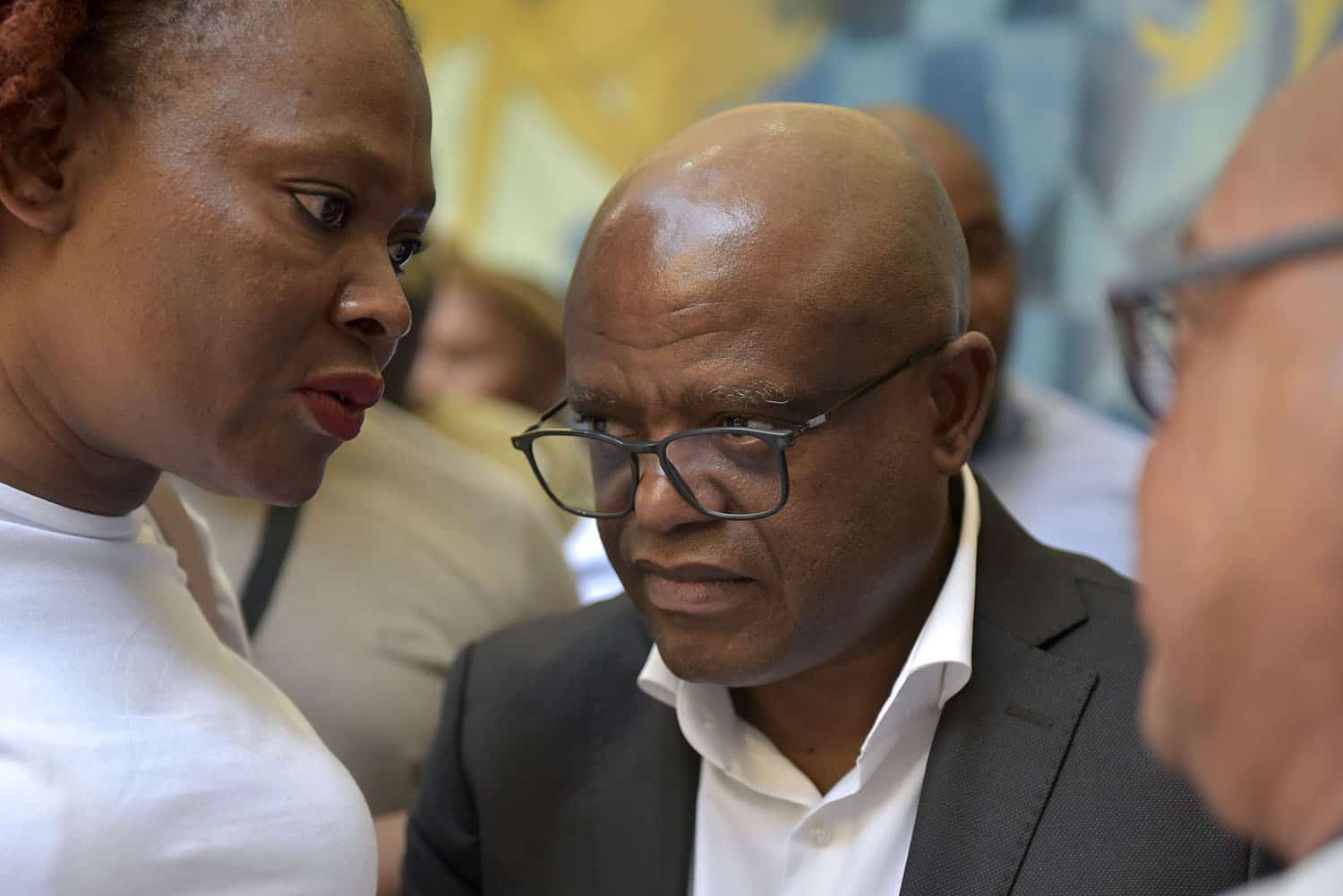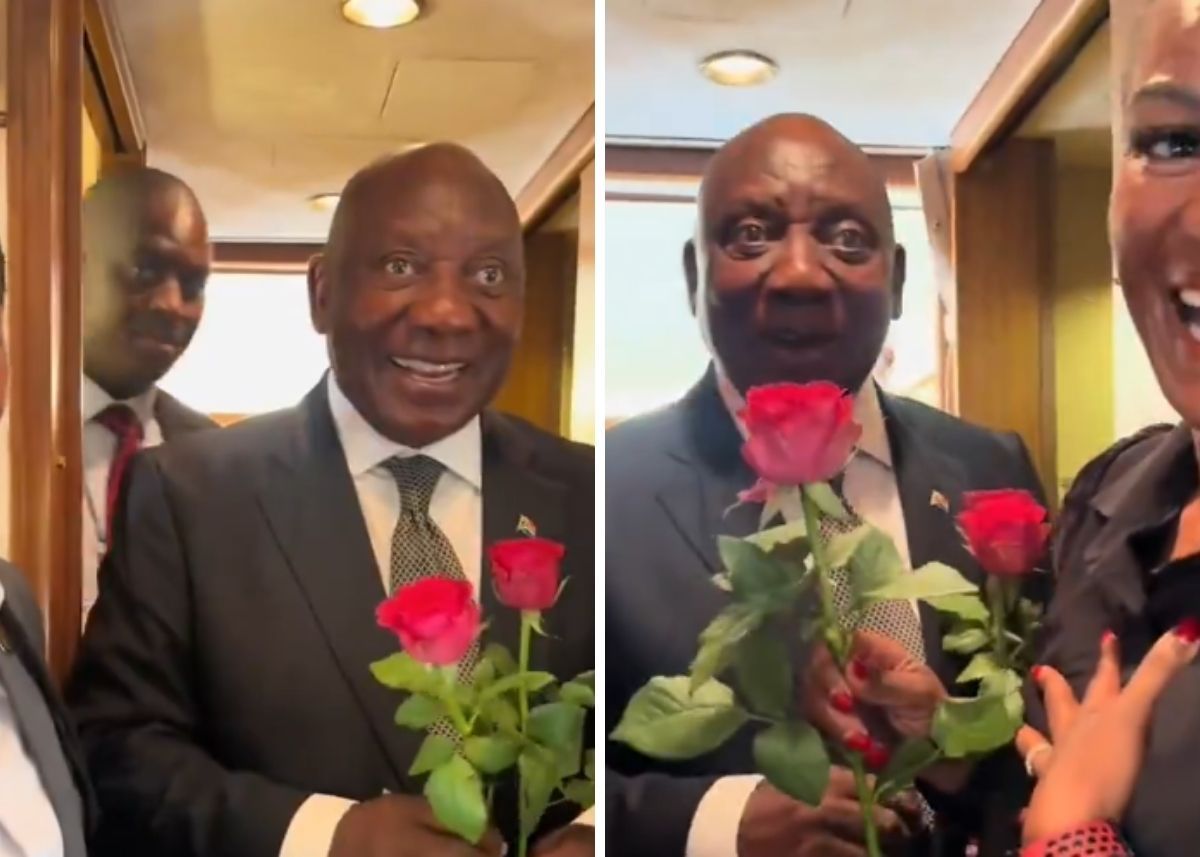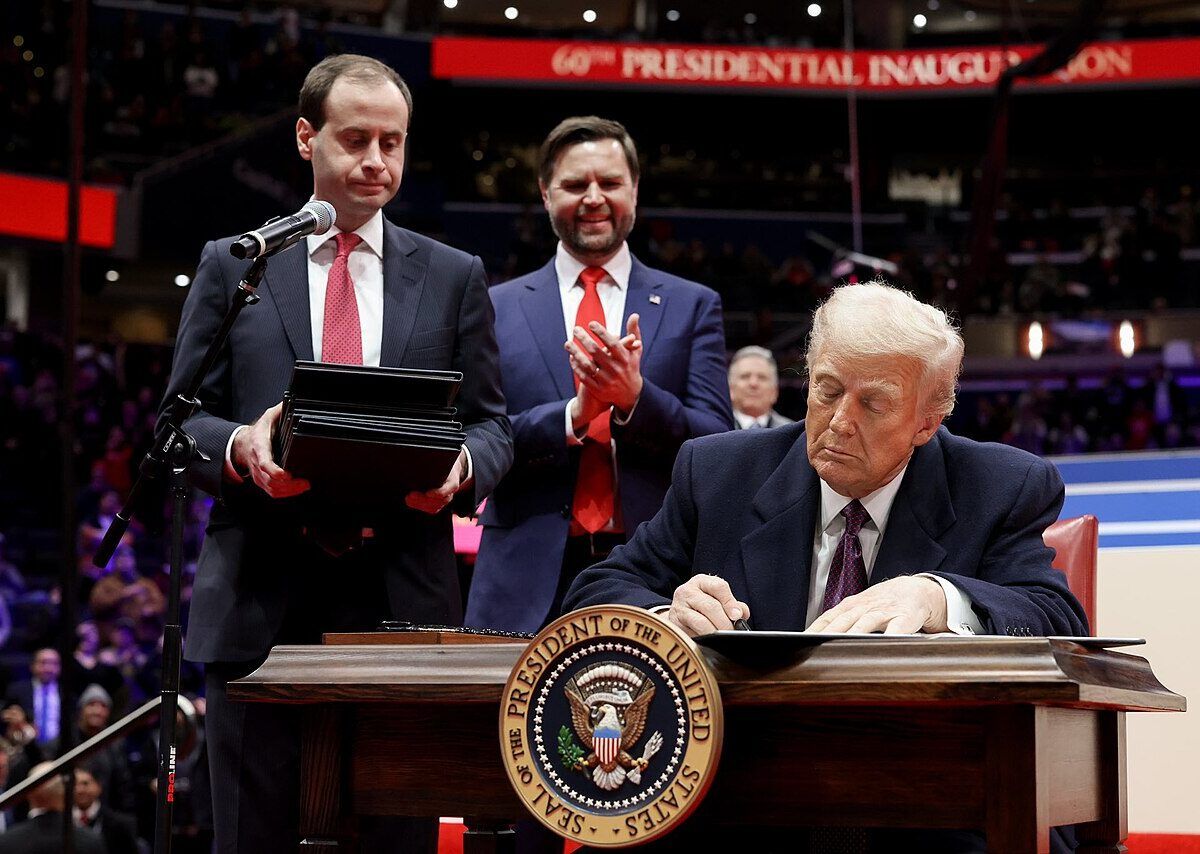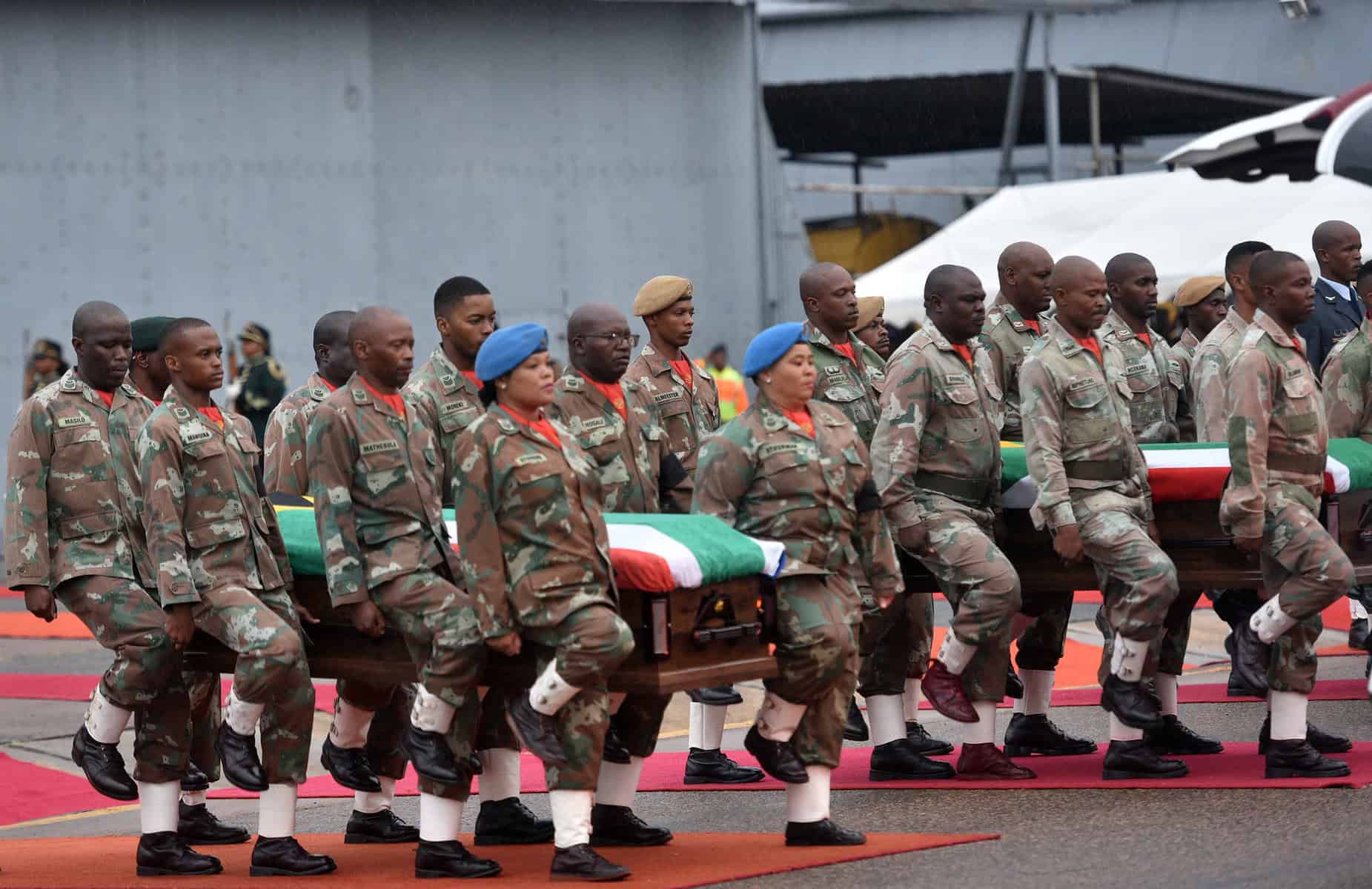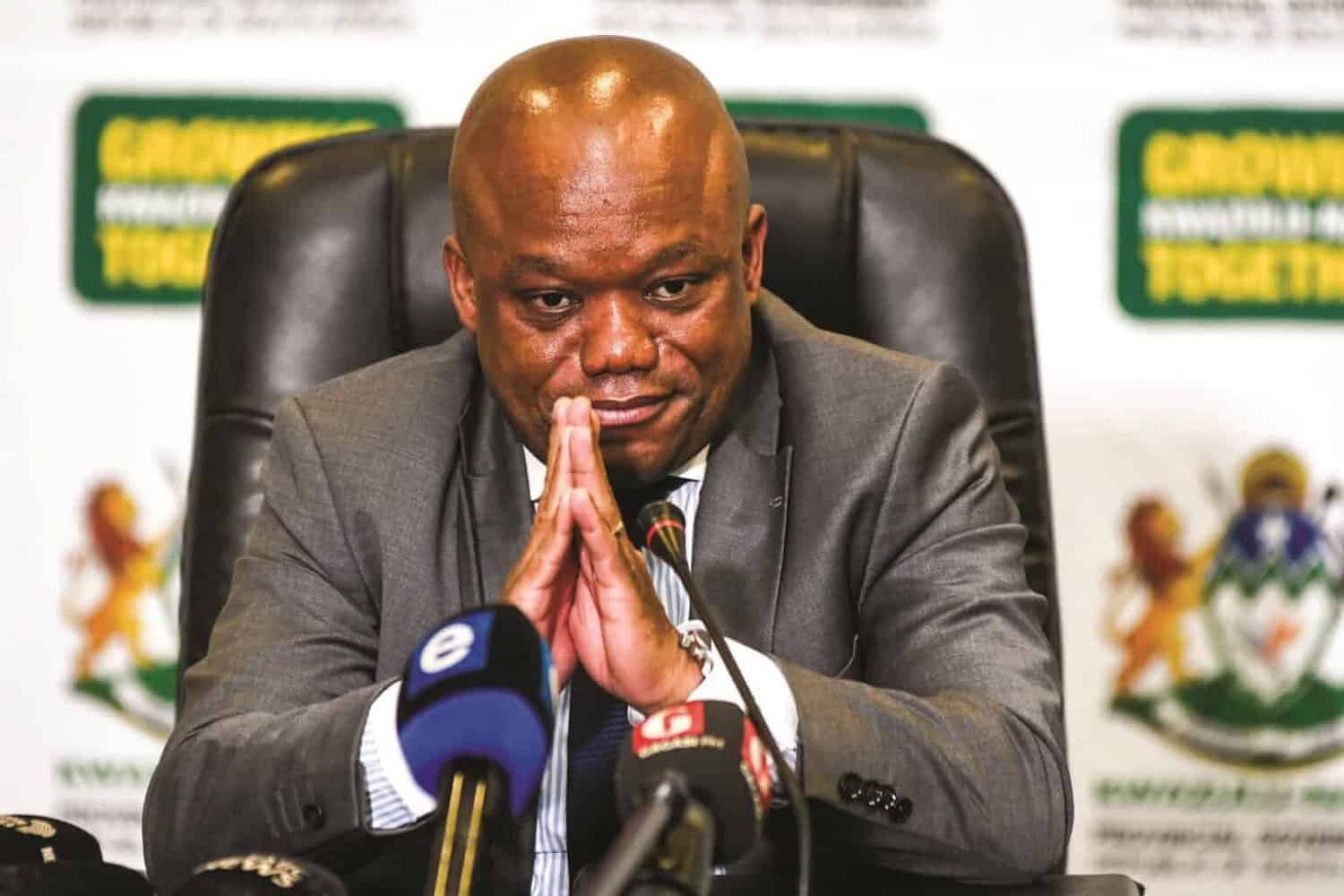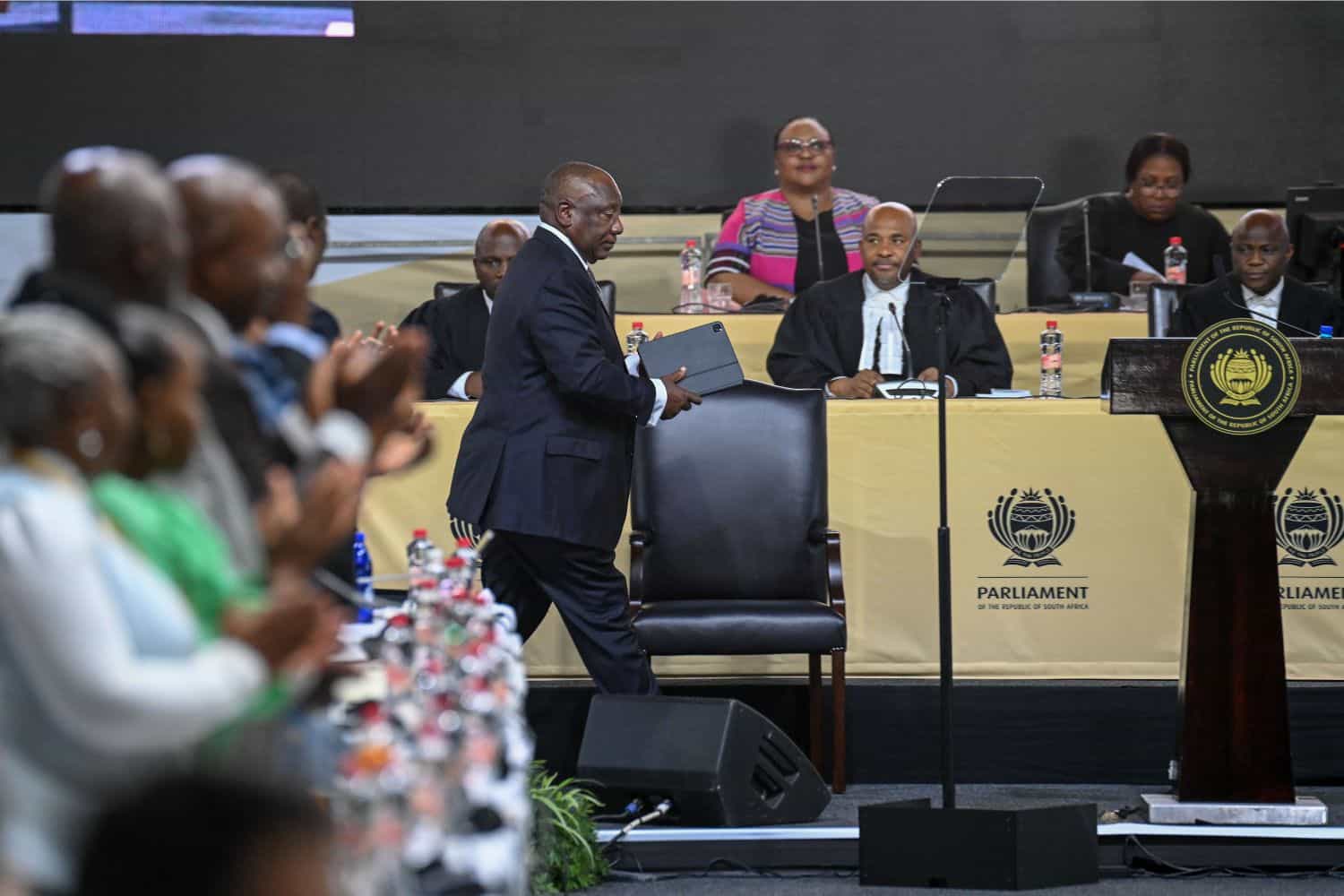What’s going down in our beloved Moz (one of SA’s favourite vac destinations)?
For more than a decade now, our friendly, near-utopian neighbour to the north has seen a series of cataclysms – including political and terrorist violence – that has destabilized the country.
HRW RAISES CONCERNS OVER HUMAN RIGHTS ABUSES
In the last week alone we’ve seen at least two troubling developments:
On November 24, Human Rights Watch released a statement claiming that “Mozambican security forces deployed to suppress nationwide post-election protests have killed at least 10 children and injured dozens more since October 24, 2024.” HRW also revealed that police are reportedly detaining hundreds of children without notifying their parents.
On November 25, reports emerged from Mozambique’s Constitutional Council – which is due to rule on the outcome of the disputed election – saying its judges “have received death threats via private messages and social media posts.”
IT ALL STARTED ON OCTOBER 9, 2024…OR DID IT?
On the surface, the recent flare-up of political unrest and violence was largely triggered by the election dispute of 9 October. After the Electoral Commission announced that Frelimo party candidate, Daniel Chapo had won over 70% of the vote in the national elections, opposition candidate, Venancio Mondlane of the Podemos party, rejected the count. (EU observers also believe the results were ‘doctored’.) Mondlane claimed he won the election and called for a “national strike” on Monday, 21 October.
On Friday night, 18 October, Mondlane’s lawyer, Elvino Dias and Podemos spokesman, Paulo Guambe were ambushed and executed by gunmen in two vehicles who riddled Dias’s car with bullets. Mondlane accused state security forces of the hit but they denied it. On 20 November, S.A.D.C. called an extraordinary summit on Mozambique.
SA SHUTS, REOPENS AND RE-SHUTS THE BORDER
When the national strike descended into violence, SA shut its Lebombo border crossing to Mozambique on November 6, due to “safety concerns“. The SA govt briefly reopened the border on 7 November – but then shut it down again that day when violent unrest in Moz resurged.
Thing is, Mozambique’s post-colonial problems started earlier than October this year. Since at least 2014 we’ve seen Moz rocked by one calamity after another, including a major government fraud scandal, and a series of devastating “terrorist” attacks.
And I can’t help wondering…if this is all (at least partly) about the gas. Among other resources.
FIRST CAME THE GAS…
Back in early 2010, I was visiting fam, when my in-law walked up to me, staring at his phone, shaking his head sadly, and lamented, “Ah, Rob, pity poor Mozambique.” “Why?”,I asked. He looked up at me and said, “They’ve just discovered shitloads of natural gas off their coastline.”
“Oh fuuu*k!” I said, with dread.Pity poor Moz, indeed. Sounds like they’re about to get a BIG dose of ‘Murica-style democracy.
I was wrong, in the short term. For the next few years, nothing particularly, remarkably calamitous happened to Moz. In fact, things were looking up for the country, thanks to increased tourism and that big gas cache that was about to boost the economy.
THE CURIOUS CASE OF MANUEL CHANG
But then, in 2014, Mozambican Finance Minister Manuel Chang went and did a “silly” public thing. In an interview with the Financial Times in May 2014, Chang outlined his nation’s plans to plough its vast natural resources into stimulating the economy. He said (while certain Western multinational corporations and globalists were listening) that the revenue earned from this massive natural gas find would allow Mozambique’s government to “invest in energy, tourism, agriculture, infrastructure and fisheries.”�
Ranked 5th among the poorest countries in the world, Moz could sure use an economic policy like that.
Chang also expressed caution in seeking international funding from the usual (Western) investor suspects. “If we take loans we need sovereign guarantees”, he said. “We don’t want to make the same mistake as other countries of mortgaging their natural resources for financing.”
Uh oh.And then came the Cavalry…
THE “TUNA BOND” CORRUPTION SCANDAL�
Next thing you know, in 2016, Chang suddenly found himself embroiled in what’s become known as the “tuna bond” corruption scandal. It was alleged, by US prosecutors, that during his term as Finance Minister, from 2005 – 2015 Chang embezzled more than $2bn in investment funding meant for the tuna fishing industry.
Nineteen others, including Ndambi Guebuza, son of former President Armando Guebuza, were also implicated and charged with blackmail, embezzlement and money laundering. Guebuza and 10 others were convicted and jailed on 7 December 2022.
WAS CHANG GENUINELY GUILTY…OR FRAMED?
The US issued an international arrest warrant for Manuel Chang on 27 December 2018, and he was intercepted and arrested by SA authorities at OR Tambo Int. Airport on the 30th. He spent nearly five years in SA custody before being extradited to the US on 12 July 2023 – despite protests by the Mozambican govt. By 17 July 2023, Chang was on trial– where he pleaded not guilty to the charges. On 8 August, this year, Chang was found guilty of fraud and money laundering by a US jury.
Hmmm, are you wondering what I’m wondering…?
Was Chang genuinely guilty of fraud and embezzlement? Or is it remotely possible that he was targeted and set up in a conspiracy to remove him because he stood in the way of multinational corporate and globalist interests who have other plans for Mozambique’s vast natural and mineral resources – including the gas?
According to the overwhelming circumstantial “evidence” coming out of the US DOJ and the Western MSM, the case against him seems “ironclad”.
Okay, let’s assume Chang – and the others – were indeed guilty. How about what came next..?
And what came next…was Isis.
What say you, SA? Was Manuel Chang guilty beyond doubt, or targeted and framed for his economic policy of putting Mozambique first?
Let us know by clicking on the comment tab below this article or by emailing info@thesouthafrican.com or sending a WhatsApp to 060 011 021 1. You can also follow@TheSAnews on X andThe South African on Facebook for the latest news.

